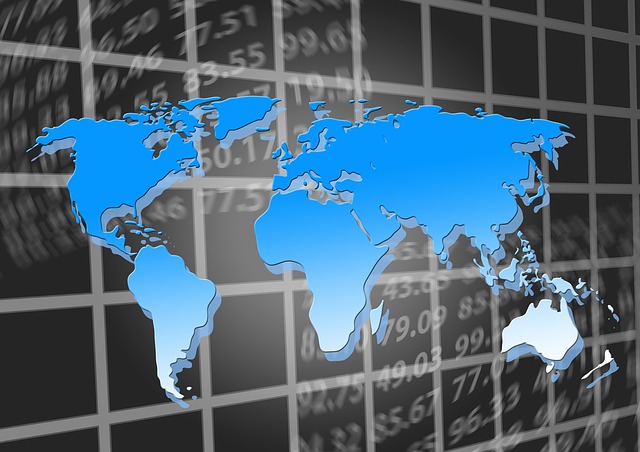Credit Mutuel AM: When political decisions influence the global economy

January ended with bond markets showing no clear direction, credit markets displayed strong performance and equity markets, especially in Europe, were also very buoyant. Good seasonality, a relatively quiet inauguration of the Trump presidency and a very good start to the earnings season are the main reasons for the good performance on financial markets.
February could be more turbulent as, at the time of writing, Donald Trump decided to switch from theory to practice with the introduction of significant tariffs. Mexico and Canada are particularly hard hit with a 25% increase in tariffs on all goods (petroleum products will only be taxed at 10%).
China is also targeted with a 10% rise and the Eurozone is likely to be in focus soon. President Trump has also said that reprisals from targeted countries would result in a doubling of these taxes, and as Canada has already put in place these reprisals, we will soon see if Trump’s threats materialise.
The macroeconomic impact will obviously depend on the duration of these new taxes as well as the final reactions of the trading ‘partners’, but if they were to remain in place, the result on growth could be rather negative. For the US and China, the impact would be in the order of 0.3-0.4% of GDP and it would logically be much stronger in Mexico and Canada given the preponderance of trade with the United States in the growth of these countries.
Inflation would also likely be higher in the short term before the negative effects of growth take over. However, it is difficult to make accurate forecasts until all measures and countermeasures are known. However, it should be kept in mind that the average tariffs applied to goods would rise in the United States to more than 10%, the highest level since the post war period (source US ITC, Census Bureau).
The other highlight of the month is undoubtedly the AI war triggered by the release of Deepseek and Qwen 2.5, even if the latter was less publicized. Are the figures announced real? No idea. Did Deepseek use Nvidia chips that "would have" transited via Singapore? Again, no idea. But does this confirm that China has the ambition to compete very seriously with the United States in future technologies in general and in AI in particular? The answer is yes.
Harder for America to maintain its dominance
The markets have been dominated since the beginning of 2023 by the American technology sector and more specifically by the Magnificent 7. Nvidia is the most emblematic representative with a market capitalization that has gone from 360 billion USD at the end of 2022 to more than 3.5 trillion USD a few weeks ago. The question that needs to be asked today is whether this new competition in the field of AI challenges the overwhelming dominance of American markets over the past 24 months.
Our opinion, which is not definitive, is that the drop in costs does not at all call into question the overall theme of AI, potential productivity gains and the wider adoption of LLM (Large Language Model) models by the private sector. On the other hand, it does raise uncertainty about the ability of certain players to maintain a level of margins as high as in the past and therefore the need to rebuild a risk premium that had fallen significantly.
If we take a step back, we can also note that the dominance of American indices has been in question for some time now with the performances of Chinese, German and European bank indices being superior over the last 12 months.
On the bond side, there was little movement during the month of January with a confirmation of the newly "hawkish" bias by the Fed. The ECB did not reveal any notable news in relation to its last press conference, although it seems gradually more reassured by the evolution of wage inflation (see their forecasts for the end of 2025). As European growth still does not show any tangible signs of rebound (cf. PMI, ZEW, IFO etc.), this only reinforces our conviction on the downward bias of rates in the medium term.
February Outlook
China's arrival in the field of AI casts doubt on the very high valuations of American technology companies who enjoy a very high exposure from investors to this theme.
Conversely, this could give a little boost to Chinese indices in the medium term with a positive impact on the confidence of Chinese investors. The risk of a lasting trade war seems an underestimated factor by investors in our opinion.










